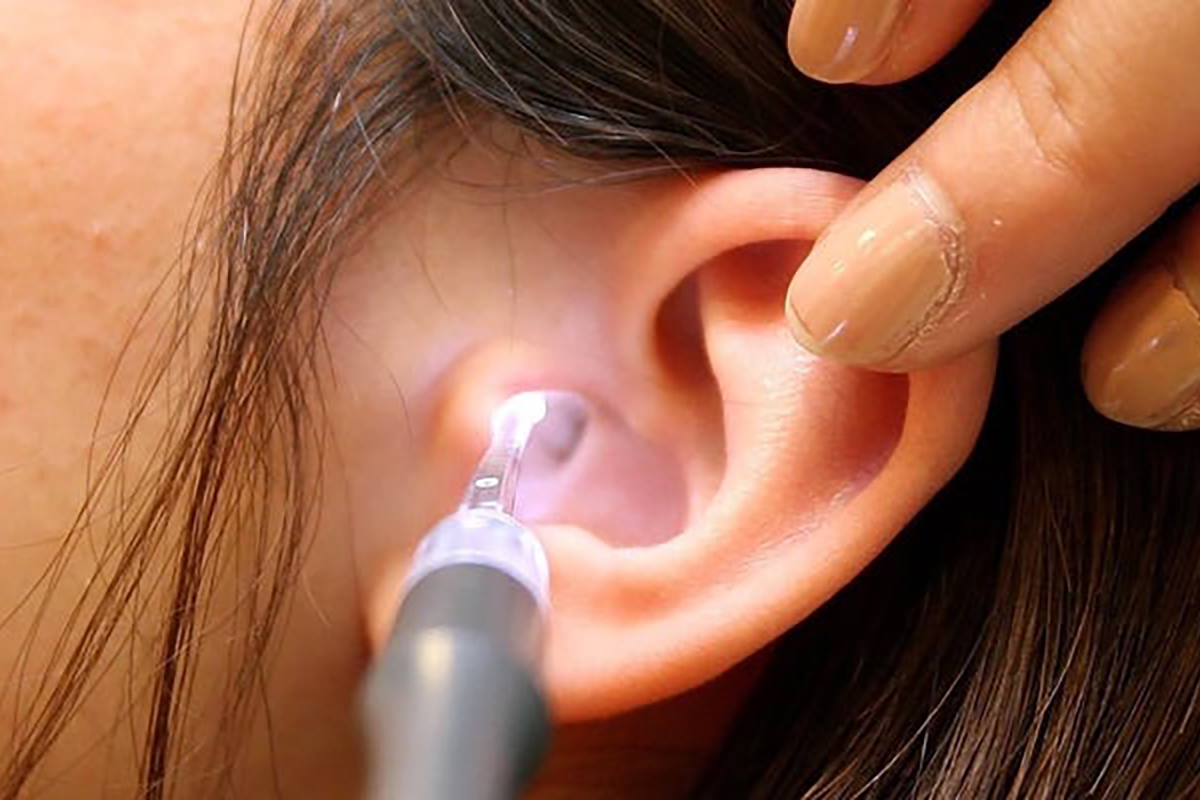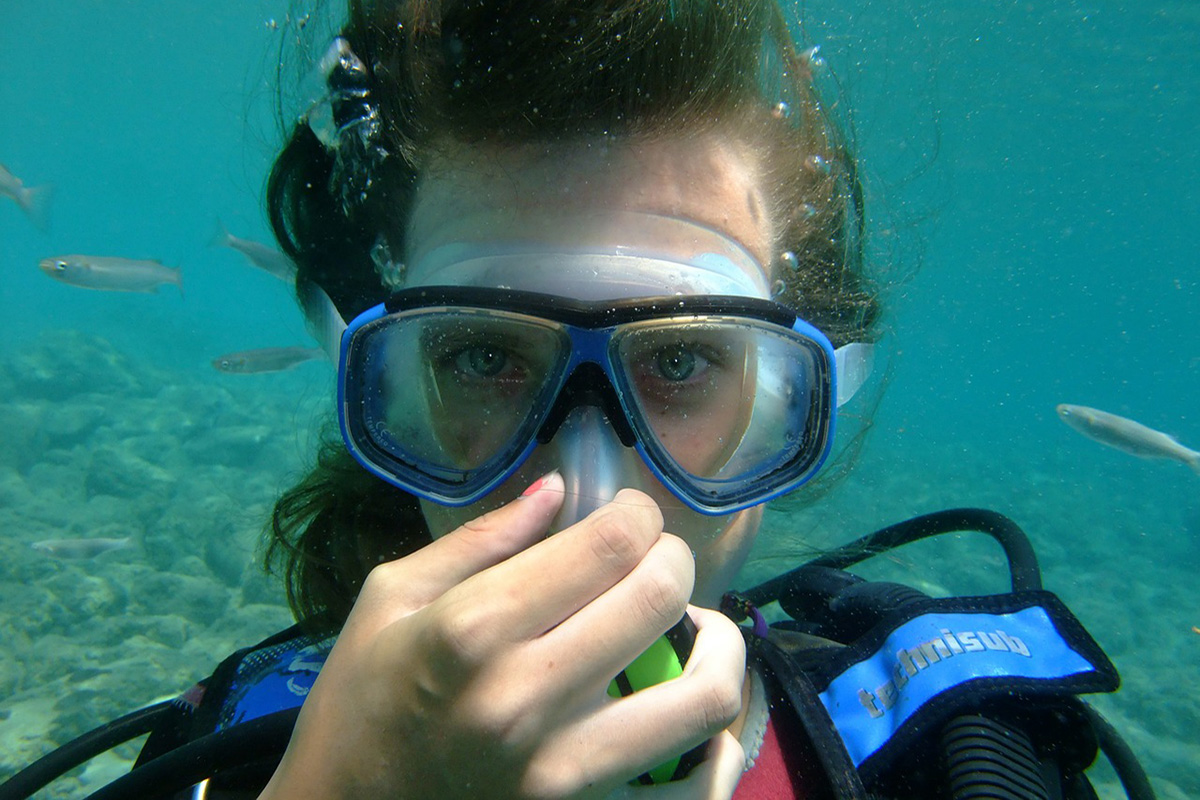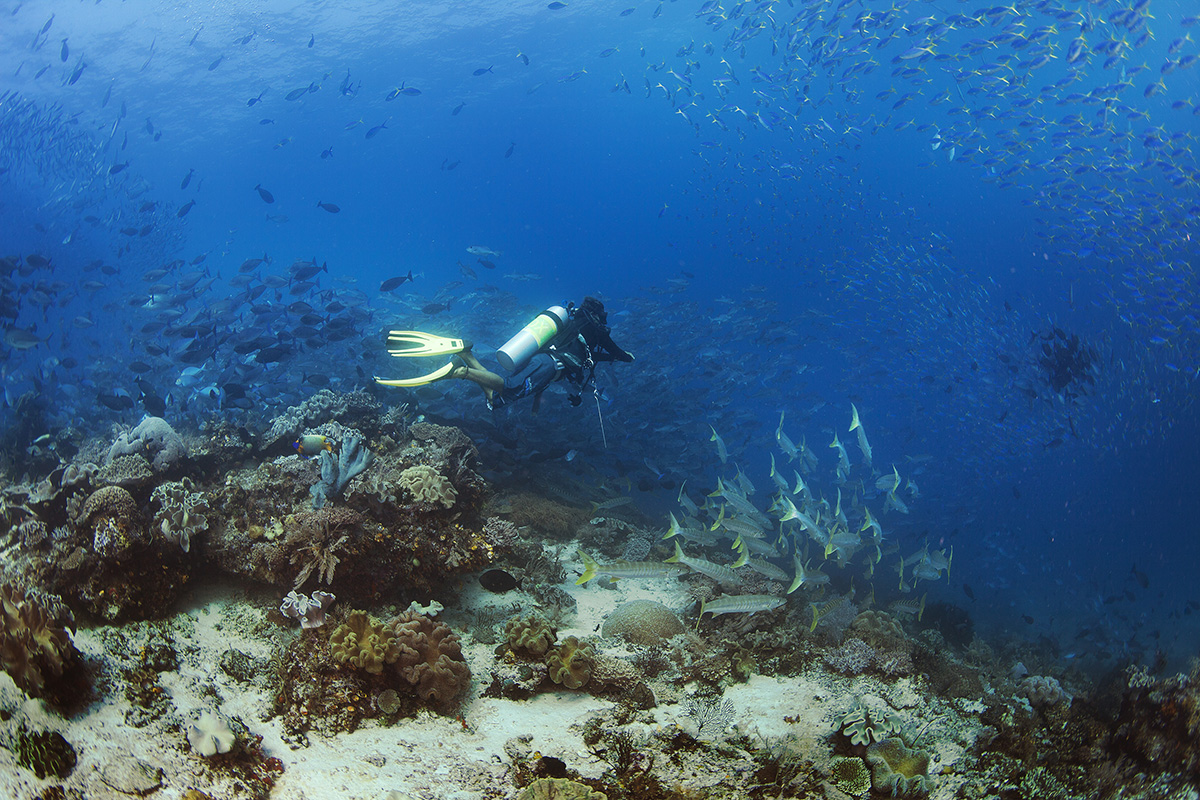The Importance of Healthy Ears While Diving
You may not think too much about the importance of having healthy ears on a daily basis. However, as a diver, the health of your ears is incredibly important. In fact problems with your ears can put a stop to being able to dive at all. Take some time to read on and we’ll teach you how to keep your ears and sinuses healthy before, during and after diving.
The anatomy of an ear
You probably learned in primary school about the three parts of the ear, the outer ear, the middle ear, and the inner ear. The middle ear is the most important part of the ear for divers to take care of. It is usually thought of as the part of the ear where sound is transmitted, but it is also where the critically important Eustachian tube is located.
The Eustachian tube connects the middle ear with the back of the throat. This is where air pressure is equalized inside and outside of the eardrum. When diving, this part of the ear can be put under extreme pressure. Unfortunately, Eustachian tubes don’t expand so they can’t release the pressure themselves. This is why it is important for divers to learn to equalize the pressure in their ears manually.
Equalizing your ears
During your very first PADI diving course you will be taught how to equalize your ears. The most common method is called the Valsalva Maneuver. This easy method is basically pinching your nose and blowing. You may have had to do this on a flight when the cabin pressure changes. By forcing air through your Eustachian tubes, you can clear the pressure.
There is a definite technique to the Valsalva Maneuver. A constant stream of air rather than a forceful push is necessary. If you blow too hard or have a blocked nose you can actually cause damage to your ears.
If the Valsalva Maneuver doesn’t do the trick, you can try the Toynbee Maneuver or the Frenzel Maneuver. Both take a little practice but use basically the same concept of opening your Eustachian tubes by swallowing, moving your tongue and closing the back of your throat.
In the same vein, blowing your nose, wiggling your jaw back and forth, and swallowing continuously can help as well.
What happens if you don’t equalize your ears?
If you don’t equalize your ears, you will most likely start to feel uncomfortable as you dive. It can be especially painful if you dive too deep. If you start to feel pressure in your ears you must stop to equalize them using one of the techniques above. If that doesn’t work, you may need to ascend a little and try again.
Continuing to dive with painful ears will cause pain later on. You can seriously damage your ears and sinuses and suffer long-term consequences.
Barotrauma
Barotrauma, or the bulging of the eardrum, is caused by pressure in the ears. Most barotraumas are the result of insufficiently equalized ears, but it can also be caused by diving with a blocked nose or sinuses.
Barotrauma is not uncommon and is usually mild. However, serious cases where the middle ear fills full of fluid or blood must be treated immediately. As well as being very painful, serious barotrauma can leave you with long-term ear damage.
Swimmers ear
You may have heard of swimmers ear. This is a pretty common infection of the outer ear. It is possible to develop this infection if your ears stay wet after a dive or swim. The water sitting in the ear canal is the perfect breeding ground for bacterial growth that leads to inflammation, itching, redness, and pain.
Avoid swimmers ear by using vinegar or rubbing alcohol to clean your ears after diving. If you suspect you have swimmers ear, there are ear drops that can clear up the infection quickly and easily.
Keep your ears happy & healthy
Although ear injuries while diving are pretty common and easy to treat, it’s better to avoid them altogether. If you follow the guidelines in this article and practice equalizing your ears fully, you can prevent most ear traumas.
How do you equalize your ears? We’d love to hear about your experiences with your ears and diving in the comments box below.



